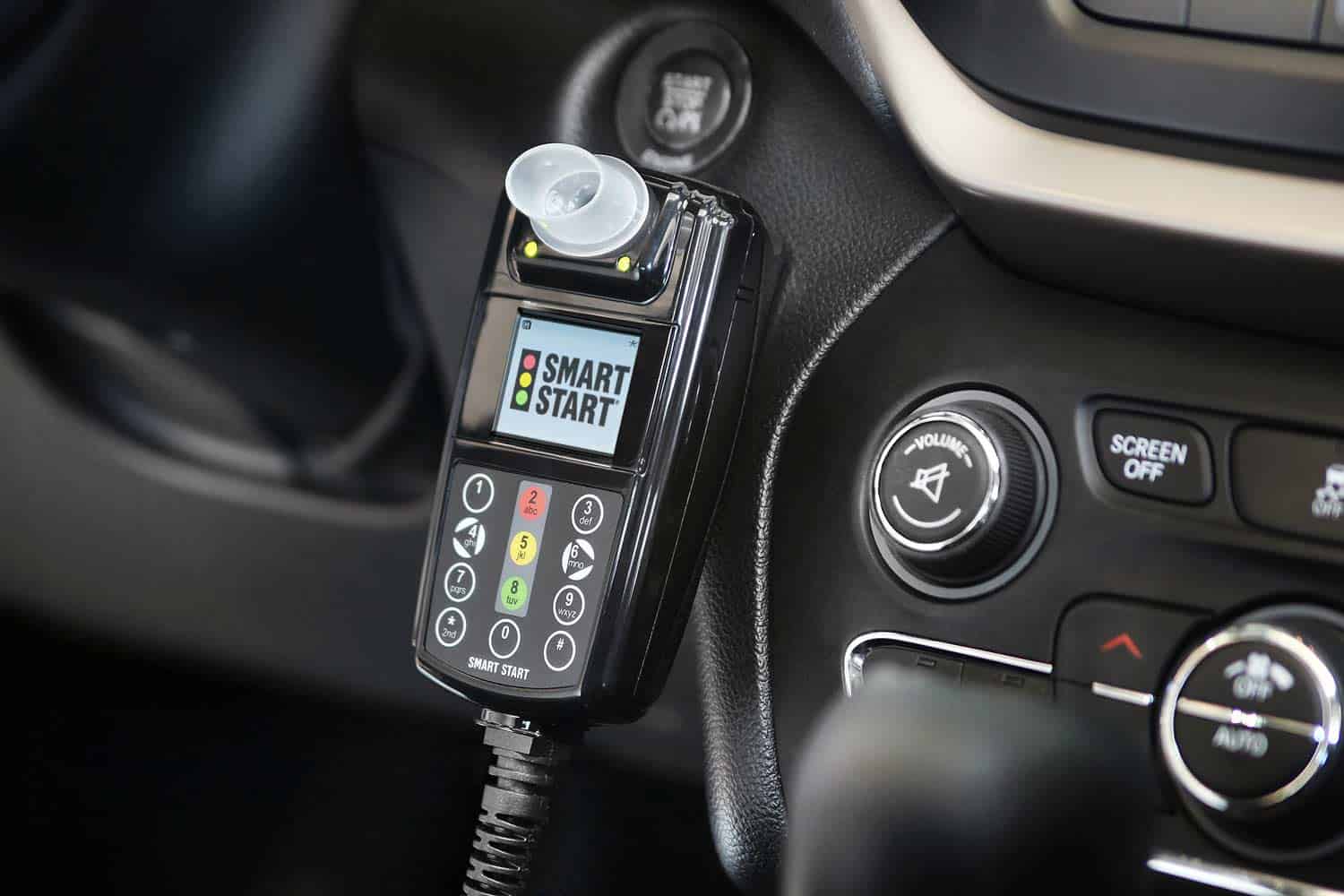If you’ve recently been arrested and are now researching DWI services, you’re probably trying to piece together a confusing puzzle of legal terms, court dates, and mandatory programs. You’re not alone. The biggest question you may be asking yourself is: do you need a lawyer for DWI services? The short answer? Yes—absolutely. And not just for the reasons you might expect.
This article isn’t going to bury you in legal jargon or pressure you into hiring a lawyer. Instead, we’ll walk through exactly what DWI services include, why they exist in the first place, and how a defense attorney plays a pivotal role in more than just arguing your case in court. More importantly, we’ll use practical advice and real examples to show how legal help can save you from serious mistakes that carry long-term consequences.

What Are DWI Services and Why Do They Matter?
Before we dive into legal strategy, let’s get something clear: DWI services are mandatory. Once you’re arrested for driving while intoxicated, you’ll almost certainly be required to complete a combination of education, evaluation, and monitoring programs—regardless of whether you’re ultimately convicted. These services don’t just help the court track your compliance; they also influence how your case is resolved.
Additionally, these services are a roadmap the court uses to determine if you’re taking the charge seriously or just going through the motions. Judges often look at how quickly and responsibly you complete them when considering sentencing or probation terms.
Types of DWI Services You Might Encounter
DWI Education Classes
Most first-time offenders are required to take alcohol education courses. These classes are meant to inform you about the dangers of impaired driving and are often necessary for reinstating a suspended license. Courts consider these courses a critical step in reducing repeat offenses.
Moreover, completing these classes early can show the judge you’re proactive—an attitude that might earn you a more favorable resolution.
Substance Abuse Evaluation
In many jurisdictions, you’ll need to complete a substance abuse evaluation. This process helps the court determine whether your DWI was a one-time mistake or part of a larger issue. The results may determine whether additional counseling or treatment is necessary.
Evaluations can influence both sentencing and the conditions of your probation, so taking this step seriously is essential.
Counseling or Treatment Programs
If your evaluation shows signs of dependency, you might be ordered to complete counseling. This could include group therapy, one-on-one sessions, or even inpatient treatment in more severe cases. The court often uses participation and completion as benchmarks of accountability.
Completing this requirement promptly can sometimes shorten probation or eliminate the need for more restrictive penalties like house arrest.
Ignition Interlock Installation
An ignition interlock device may be installed in your car if your BAC was above a certain level or if it’s not your first offense. This tool prevents your car from starting if it detects alcohol on your breath, and tampering with it carries harsh penalties.
This requirement can last several months or more, but following the rules carefully can help you avoid future legal headaches.

Community Service or Victim Impact Panels
Some jurisdictions require attendance at victim impact panels or community service hours. These programs aim to create emotional awareness and demonstrate the broader consequences of impaired driving.
Fulfilling these obligations without delay helps build trust with the court and can reduce stricter sentencing.
Real-Life Story: Navigating DWI Services Without a Lawyer
Let’s talk about Jordan, a 29-year-old graphic designer from Dallas who tried to handle his first DWI solo. He assumed the process was just about paying fines and taking a few classes, so he skipped legal representation and decided to tackle everything himself.
However, Jordan overlooked the 15-day deadline to request an ALR (Administrative License Revocation) hearing. Because of that, his license was automatically suspended. On top of that, he signed up for a counseling program not approved by the court, which meant he had to start all over again. Eventually, he spent nearly twice as much money and remained without a license longer than necessary.
If Jordan had consulted a lawyer at the start, he would have known how to select court-approved services, meet all deadlines, and possibly reduce or dismiss his charges entirely.
Why a Lawyer Is Critical in Managing DWI Services
So, do you need a lawyer for DWI services? Without a doubt—and here’s the reason: a good DWI lawyer doesn’t just fight your charges. They guide you through the entire post-arrest process, helping you avoid mistakes that can turn a manageable situation into a long-term nightmare.
Legal Representation at Every Stage
A DWI arrest doesn’t begin and end in a courtroom. It triggers multiple parallel processes that can be overwhelming.
- Criminal court hearings
- Administrative license hearings
- Court-mandated DWI services
A seasoned lawyer knows how to navigate these systems simultaneously, ensuring that your rights are protected while helping you complete every requirement efficiently. They also act as your advocate, advisor, and translator for legal procedures that can otherwise feel like a foreign language.
Avoiding Common Pitfalls in DWI Services
Without a lawyer’s input, it’s easy to misinterpret rules, miss deadlines, or enroll in programs that the court won’t even accept. Here are some common missteps that defendants often make when they try to handle things on their own.
Mistake #1: Enrolling in the Wrong Programs
Not every rehab center or education course is court-approved. Many people unknowingly complete unrecognized programs, only to find out later that their efforts were invalid. As a result, they’re forced to repeat the process at additional cost.
What’s worse, these types of errors can reflect poorly on your attitude toward the court, even if your intentions were good.
Mistake #2: Missing Deadlines
DWI cases come with a web of deadlines—for filing paperwork, completing services, or submitting compliance certificates. Miss one, and you may face license suspension, probation violations, or even jail time.
A lawyer keeps your calendar on track and ensures that your paperwork lands on the right desk at the right time.
Mistake #3: Not Understanding Plea Options
Most DWI cases don’t go to trial. Instead, lawyers negotiate plea agreements that can reduce the charge or minimize the consequences. Without legal representation, you might accept a deal that looks good on the surface but carries harsh penalties later.
Some agreements might sound mild but come with hidden restrictions that affect your license, job, or insurance.
The Administrative Side of DWI Services
The court isn’t the only agency involved. Your state’s Department of Public Safety (DPS) handles license suspensions, ignition interlock monitoring, and more. You must comply with their guidelines too—or face additional consequences.
Failing to coordinate the administrative side can lead to unexpected penalties like prolonged license suspensions or reinstallation fees for your interlock device.
Driver’s License Reinstatement
Getting your license back isn’t automatic—it requires a series of carefully executed steps. A lawyer can help you:
- Identify the required forms and deadlines
- Submit SR-22 insurance properly
- Apply for early reinstatement or hardship licenses
- Avoid missteps that reset the process
Delays in reinstatement can lead to job loss or even new criminal charges if you’re caught driving during suspension.
How a Lawyer Can Help You Save Time and Money
At first glance, a DWI lawyer might seem like a costly option. But in reality, they often save you far more than their fee—both in money and in time.
Financial Impact of Mistakes
Here’s what a few common errors can cost:
- Redoing a treatment program: $300–$1,000
- Interlock extension: $60/month for an extra 6 months
- Lost wages during license suspension: potentially thousands
- Insurance hikes over 3 years: $1,000–$3,000 annually

With a lawyer’s guidance, you can avoid most of these expenses and streamline your case to its fastest, least painful outcome.
What to Ask Your Lawyer About DWI Services
When you meet with your attorney, bring questions. These will help you fully understand the process and make the most of their expertise.
- Is this course or provider court-approved?
- Can I get any services waived based on my evaluation?
- What’s the deadline for completing each step?
- Will this affect my job, license, or insurance long-term?
- What if I have trouble paying for the services?
Proactive communication turns you into a smart client—one that’s easier to defend and better equipped to recover.
Real-Life Win: Turning a DWI into a Wake-Up Call
Tracy, a 41-year-old teacher from Austin, was arrested after rear-ending a car at a red light. Her BAC was just over the legal limit. She didn’t panic—she hired an experienced DWI attorney the next morning.
Her lawyer helped her enroll in a court-approved alcohol class, complete a MADD panel, and gather character references. At her hearing, the judge noted her efforts and accepted a plea for deferred adjudication. She kept her license and stayed out of jail.
Tracy’s experience proves that handling DWI services with the right guidance doesn’t just soften the blow—it can change the trajectory of your life.
What to Do After Completing DWI Services
Finishing your programs isn’t the end. You still need to notify the court, file final documents, and possibly begin the process of cleaning up your record.
A lawyer helps ensure that:
- Completion certificates are properly submitted
- Your license is fully reinstated
- Employers or agencies don’t get inaccurate information
- Expungement or sealing is explored

Closing the loop matters just as much as opening the case properly.
Final Thoughts: DWI Services Are Manageable With the Right Help
So, do you need a lawyer for DWI services? Without question. While it’s legally possible to go it alone, it’s rarely wise. These services aren’t just a checklist—they’re a web of procedures that connect courts, agencies, and deadlines. Without professional help, you risk extending your case, losing your license, or worsening your record.
A qualified lawyer doesn’t just fight your charges—they steer the ship. They make sure you don’t crash into a technicality or miss an opportunity to move on with your life. If your goal is to minimize damage, stay employed, and move forward, investing in legal help is one of the smartest decisions you can make.


